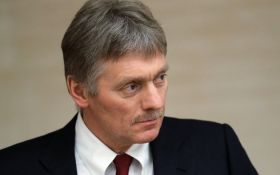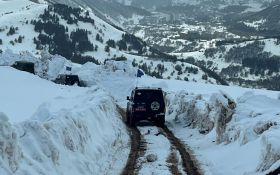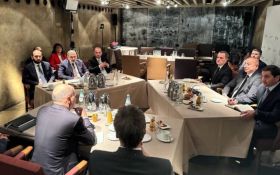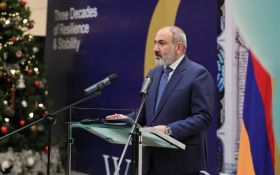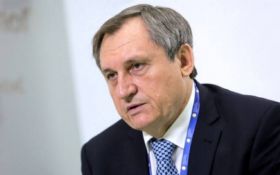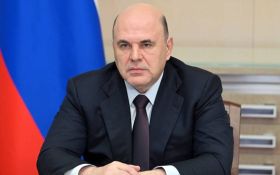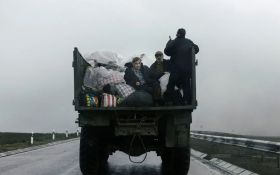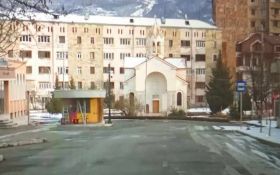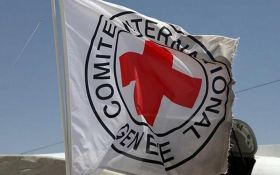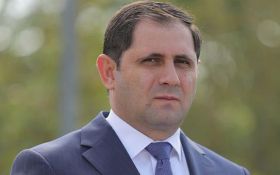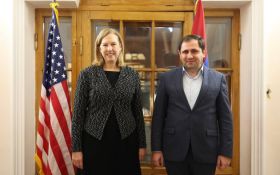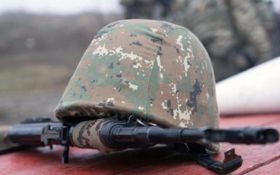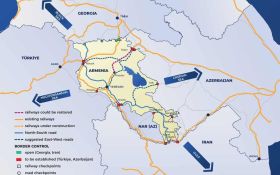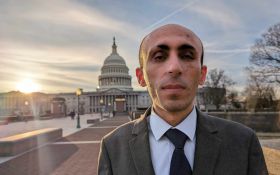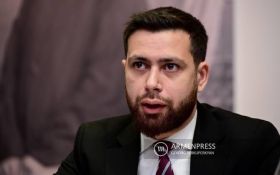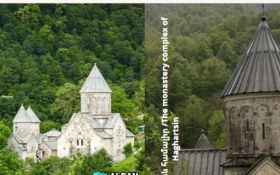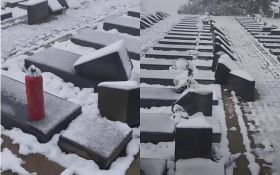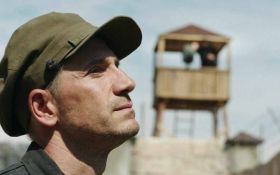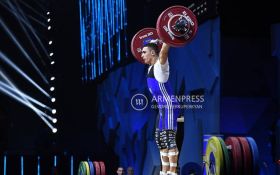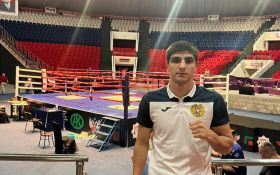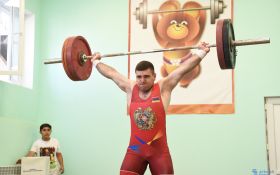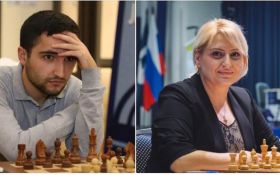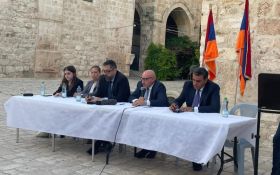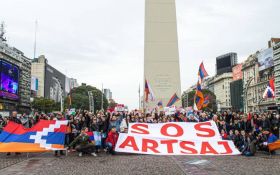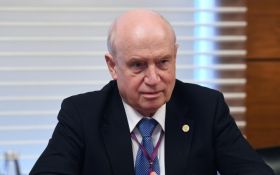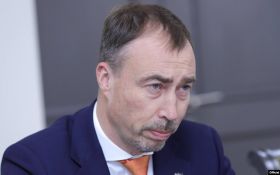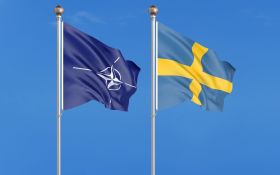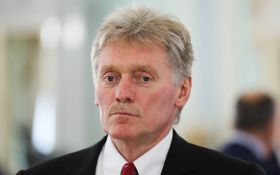On the Armenian Committee in Belgium and its cooperation with Artsakh, ''Artsakhpress” had an interview with the head of the structure Nicolas Tavitian
Artsakh is a priority for Armenians in Belgium. Nicolas Tavitian
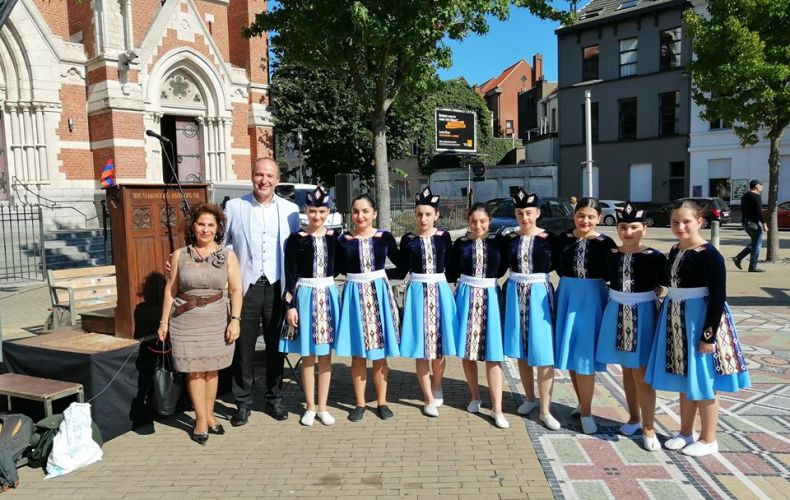
STEPANAKERT, JANUARY 14, ARTSAKHPRESS: The interview is presented below:
 -Mr Tavitian, when did the Armenian Committee in Belgium start its activities? What is the main mission of the committee?
-Mr Tavitian, when did the Armenian Committee in Belgium start its activities? What is the main mission of the committee?
-The institution of the Armenian Community of Belgium was created in 1922, by people who had just escaped the Armenian genocide. Its mission is to represent the Armenians in Belgium, to defend their interest, to promote their culture and to defend their national identity.
The Community elects an Assembly. The Assembly in turn elects the President of the Committee and the member of the committee.
It is important to understand that these community institutions do not replace associations, traditional political parties or the church. It is merely a central organization that helps everyone to come together and be heard by the government. The new Committee was elected in February 2019.
The activities of the community are very diverse. We also organize unitary activities, such as 24 April commemorations or meetings of all Armenian associations in the country. On top of this, community organizes many cultural events and educational programs. Now we are going to teach the Armenian genocide in French-speaking schools in Belgium.
-How many members does the Committee have? Are they only Armenians?
-The Committee has 12 members, they are all Armenians. The Community includes all Armenians in Belgium: that is, all people who have an Armenian origin, as well as their wives or husbands.
-How many Armenians live in Belgium? Can you tell us about their activities?
-We believe there are about 30 000 Armenians in the country. There are Armenians from Turkey, from Lebanon, from Syria, from Armenia and from many other places.
They are dispersed over the entire country. There are associations in Oostende, on the coast in the West, and in Liège, near Germany, in the East, in Namur in the South and Antwerp in the North…
There are student associations in universities, associations of young professionals, church associations (there are also Catholics and Protestants) and political parties. It is impossible to summarize all the activities that they have, but typically, they organize lessons for children – Armenian language, dance… They organize cultural events – dance, music, etc. and of course social events – commemorations, parties, dinners.
-Mr Tavitian , what can you say about the Committee's cooperation with Artsakh?
-I think most Armenians in Belgium would consider Artsakh to be a priority, and so does the Committee. After the 2016 4-day war, many associations and private individuals organized help for the soldiers’ families. Some have projects in Artsakh.
At political level, however, Hay Tad is probably the most active in advocating for Artsakh. It has mostly organised trips for members of regional and national parliaments to travel to Artsakh. There are also Artsakh friendship groups in several regional parliaments. The Community supports their work.
-You are also engaged in the issue of the recognition of the Armenian Genocide. What results have you recorded? What are your plans for the near future?
-The Genocide of 1915 was first recognized in the Belgium Senate in 1998. In 2015, the Chamber of representative and the Prime Minister both recognized it as well.
Genocide recognition is therefore no longer in question. However, last year, the Belgian Parliament adopted a law to prohibit the denial of genocides that excludes the Armenian genocide. It is thus forbidden to deny the genocides in Rwanda or in Srebrenica, but not the Armenian genocide. 
We are now working to have this law changed, so that it would include the Armenian genocide. Armenian communities are very important of the Armenian nation. They are based in prosperous and safe countries, and represent an opening to the world for the Armenian Republic.
Interview by Vehanush Hovsepyan

